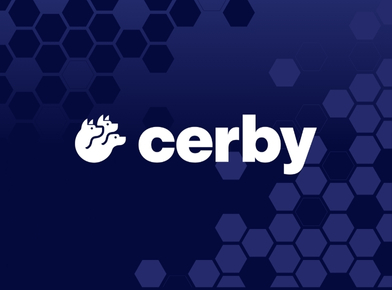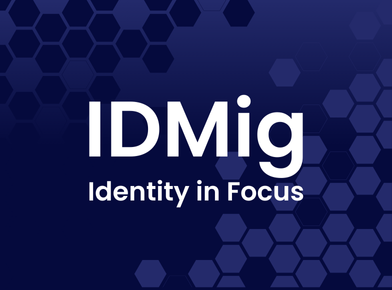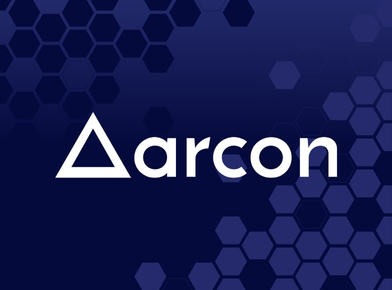As more organizations migrate to cloud-based SaaS applications, user access management, security, and compliance professionals face a myriad of new challenges. Reports suggest that a typical organization currently utilizes 130 or more SaaS applications. As demands on organizations and budgets grow, SaaS application deployment will grow with them.
To address SaaS application-related identity security challenges, many organizations have deployed modern Identity Governance and Administration (IGA) solutions. This makes sense; modern IGA solutions provide the robust functionality required to take on cloud identity governance across SaaS applications. However, there are specific system functionalities that modern IGA deployments must provide to meet identity management requirements in cloud-hosted environments. One of the most important functionalities is a connectivity framework that supports any application and infrastructure.
Recent Omada research confirms the need for seamless connectivity in a modern IGA solution. Omada’s report, The State of Identity Governance 2024 reveals that nearly 51 percent of IT professionals surveyed who use modern IGA solutions cite a robust connectivity framework as one of the most important characteristics when evaluating a new IGA solution. In terms of importance, the report shows connectivity is second only to adaptability to an organization’s specific requirements. For survey respondents still using legacy IGA solutions, the importance of connectivity in a new IGA solution is even greater, with more than 62 percent citing a robust connectivity framework as a top priority when evaluating a new IGA solution. This data suggests that not having an effective connectivity framework is an ongoing challenge to identity management for modern IGA users and an even greater challenge for legacy IGA users.
Legacy IGA is not suitable for connectivity with SaaS applications
As the SaaS ecosystem evolves, legacy IGA systems are not built to scale to new connectivity requirements. For many organizations, the only way for legacy IGA solutions to establish connectivity with newly onboarded SaaS applications is to devote resources and budget to developing customized code.
This creates two main challenges: development costs and the risk from introducing custom code. Firstly, the cost savings organizations achieve by adopting SaaS applications quickly evaporate when they need to invest to create custom code to establish the connectivity needed to manage access to new applications. Secondly, as teams develop more custom code, the risk resulting from this custom code increases as this code needs to have security reviews, become part of patch efforts, and ultimately becomes a reason to slow down the rollout of patches and upgrades. These downsides underscore the need for a more modern approach capable of supporting a comprehensive connectivity framework that eliminates the need for writing a line of custom code.
Essential elements of a future-proof connectivity framework
As organizations evaluate IGA solutions, they should look for a connectivity framework featuring an extensive library that offers integrations with hundreds of applications and services and enables rapid implementation. The framework should provide a comprehensive suite of connectivity options, including pre-built templates for widely used protocols and APIs such as SCIM, REST, OData, LDAP, PowerShell, CSV, .NET, SQL, and SOAP. Templates like these are important for streamlining the IGA process because they eliminate the need for custom code; saving organizations time and resources as well as enhancing the accuracy and consistency of IGA configurations. For organizations using legacy or proprietary enterprise systems without standard API interfaces, the solution should provide a tool that enables seamless integration with these systems. This ensures that organizations have the flexibility to connect their IGA solution to their entire IT ecosystem with no need to consider the underlying technology. This results in an environment in which a truly integrated and efficient identity management approach may flourish.
Organizations that stick to old ways of doing things to avoid upsetting the status quo end must make complex customizations to their IT infrastructure and risk costly security breaches to connect IGA to SaaS Applications. To overcome these challenges, enterprises must adopt a modern IGA that features a robust connectivity framework that can scale as the number of SaaS-based applications increases.
To learn more about how to enhance your organization’s connectivity to identity governance with Omada Identity Cloud, please watch our webinar “Connecting the Dots: No Code Application Connectivity using Omada Identity Cloud”.
To learn more about Identity Governance drivers and the solutions offered by Omada, please visit our website.
About the Author: Steve is VP Marketing at Omada where he drives messaging strategy and full-funnel content development along with PR, AR and Brand Awareness. Before Omada, Steve held marketing leadership roles managing teams at Imperva driving its Application and Network Security product portfolio, at Threat Stack driving growth for its cloud security posture management solution, and at CyberArk leading product GTM for their endpoint and cloud identity security products. Prior to CyberArk, Steve launched Promisec into the EDR market growing SaaS revenues from zero to over $15M ARR before acquisition. Steve has a Bachelor of Science in Computer Science and lives in the suburbs south of Boston, MA, USA with his wife and two kids.
About the Company: Omada, a global market leader in Identity Governance and Administration (IGA), offers a full-featured, cloud native IGA solution that enables organizations to achieve compliance, reduce risk, and maximize efficiency. To ensure successful deployment in 12 weeks, Omada’s Accelerator package provides a reliable starting point for IGA projects with a standardized implementation approach, best-practice framework for process design, and training for efficient user adoption. Founded in 2000, Omada delivers innovative identity management to complex hybrid enterprise environments globally.






